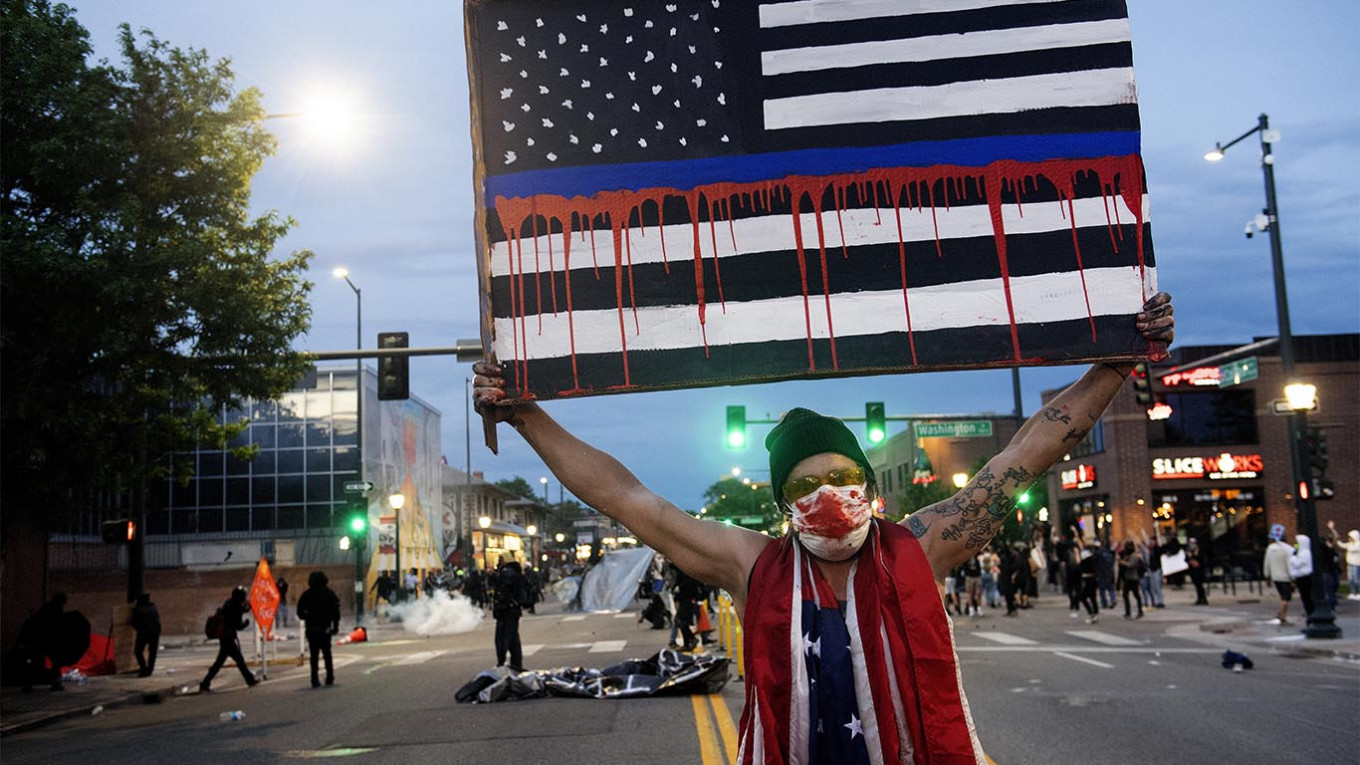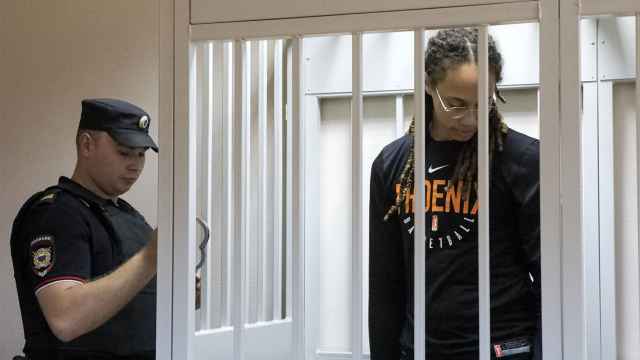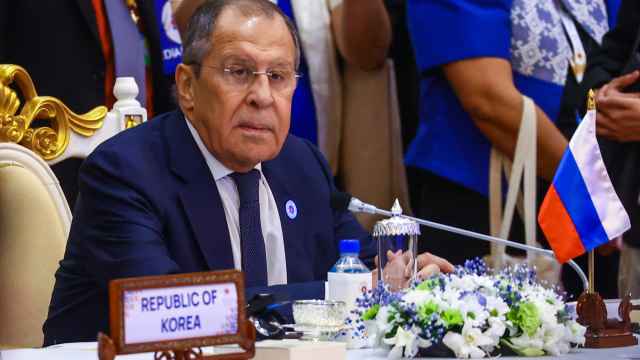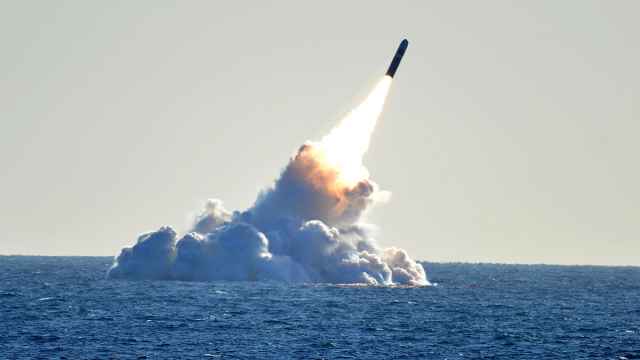Seeing America tear itself apart again is a depressing sight; watching police wade into protesters along streets where I’ve walked my dog or eaten ice cream gives it a particular poignancy. I’ve already received some media requests for comment on Russia’s “role” in the current US conflagration. (What to call it? “Riots” puts the blame squarely on the protesters, which is hardly accurate. That Russian word bunt, or explosion of violence works perhaps. Even better, smutnoe vremya, “time of troubles.”) The common themes from U.S. journalists seem to be (1) what is the Russian role in instigating the violence and (2) how are the Russians spinning and enjoying the sight of America in flames. What a sad insight into the knee-jerk assumptions in play.
Of course, you can absolutely count on Moscow using this the next time America wants to lecture Russia on human rights and police abuses, and I am sure there are some examples of toxic propaganda on both sides being magnified by Russian-linked or-sympathetic channels. But I have seen no evidence of anything more than that, and the almost touchingly-lunatic nonsense we have seen on the net of police departments being brainwashed into violent abuses by Russian military intelligence (I’m not going to magnify it with a link — if you really must, do Google it) says much more about contemporary desperation to find an outside force to blame than anything else.
But on the media coverage, looking at Russia’s newspapers, at least, what strikes me is that actually it is relatively low-key and factual. The story tends to be some way down the running order (the SpaceX shuttle mission gets more play), and pretty factual. Let’s see:
The government newspaper Rossiiskaya Gazeta headlines its story “Trump hid in a bunker during riots in Washington” (hang on, wasn’t he meant to be Putin’s willing acolyte?)

Izvestiya, another government-close paper and one often inclined to waspishness, again provides a pretty factual account under the title “More than 4,000 people arrested during the riots in the United States.”

The tabloid Komsomolskaya Pravda takes a different, personal approach, interviewing Nina, a migrant who had moved from Berdsk to Minneapolis, ground zero of the current troubles: “This city never seemed to the girl criminal and troubled, even the coronavirus did not frighten the Siberian woman.” Now, “a Russian girl describes the pogroms in Minneapolis.” It is obviously more emotive, but frankly not that different from so many eyewitness accounts we are hearing, and nor is there an obvious bias. As she concludes: “I don’t know how to react. On the one hand, the police are to blame. On the other hand, I do not support the riots.”

Meanwhile, Moskovskii Komsomolets turns to Valery Garbuzov, director of ISKAN, the Institute of the U.S. and Canada, for expert commentary, wondering in its subtitle “Who can end the riots in the USA?” Again, this strikes me a pretty fair-minded, with a note that “Trump has a reputation as a racist, [and] will take advantage of all these events” but also a statement that “I would not say unequivocally that it is Trump who is to blame for what is happening. What is happening today has happened before and, I am convinced, will happen during this century from time to time, the deepest reasons still lie in the fact that the problems of the black population in America by and large have not been resolved.” It seems hard to disagree.
When asked about the claims of a Russian hand in all this, he is rightly dismissive: “Such logic is, of course, quite primitive. Nevertheless, it is in demand today. The evidence regarding alleged interference… is also obviously superficial. Sometimes it comes to some kind of mania, but there is nothing surprising here…”
The business paper Vedomosti doesn’t really cover the story, but Kommersant suggests that “America is starting to get tired of riots.” Hardly sounds that delighted.
I could go on, and I am sure the tone is going to be rather different on some TV programs (although these are often really entertainment — of a sort — masquerading as news analysis), but the truth of the matter, America, is that
- The Russian media is not delighting at your misery; and for that matter
- The Russian media isn’t that interested in you …
This article was first published by InMoscowsShadows.
A Message from The Moscow Times:
Dear readers,
We are facing unprecedented challenges. Russia's Prosecutor General's Office has designated The Moscow Times as an "undesirable" organization, criminalizing our work and putting our staff at risk of prosecution. This follows our earlier unjust labeling as a "foreign agent."
These actions are direct attempts to silence independent journalism in Russia. The authorities claim our work "discredits the decisions of the Russian leadership." We see things differently: we strive to provide accurate, unbiased reporting on Russia.
We, the journalists of The Moscow Times, refuse to be silenced. But to continue our work, we need your help.
Your support, no matter how small, makes a world of difference. If you can, please support us monthly starting from just $2. It's quick to set up, and every contribution makes a significant impact.
By supporting The Moscow Times, you're defending open, independent journalism in the face of repression. Thank you for standing with us.
Remind me later.








